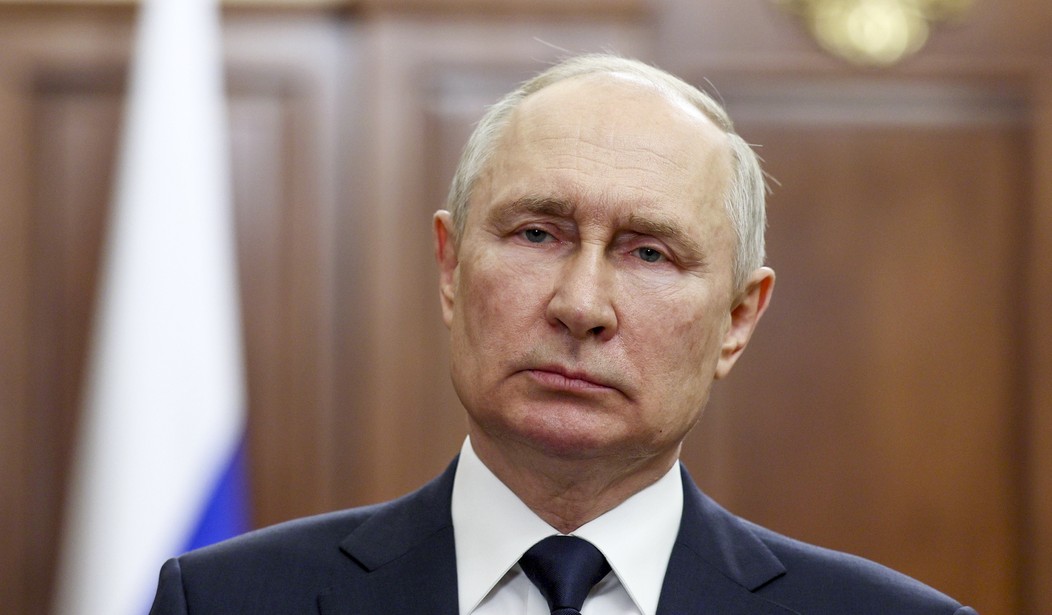With wars raging in Europe and the Middle East, the United States must monitor threats within our war-fighting supply chain.
The United States’ 27th National Security Adviser Robert O’Brien of the Trump administration has made clear that the pending purchase of an American ammunition company by a Czech billionaire should raise concerns. This firm and its ownership group seem demonstrably close to Russia and Vladimir Putin. It is imperative that American policymakers and regulators review this deal to ensure that it does not endanger the national security of this nation or its allies.
At issue is the recent announcement from the Czechoslovak Group (CSG) of a nearly $2 billion agreement to purchase Vista Outdoor’s guns and ammunition business. CSG is an industrial technological company owned by a 30-year-old billionaire Michal Strnad. Because Vista owns some of the biggest names in the gun industry, including Federal, CCI, Remington Ammo, Speer and Hevi-Shot, this deal could have significant national security ramifications for the United States.
CSG has long been accused of ties to Russian interests, industrial espionage, and arms embargo violations.
Weeks ago, CSG was sued in a Delaware State court for its alleged ties to Russian interests. SARN LLC, a Washington D.C.-based energy and security company, was recently compelled to terminate its relationship with CSG because of its “association with persons affiliated with entities and sectors that are under sanctions by NATO member countries” and “financial association with persons that are widely reported to be engaged in activities that are hostile to NATO.” This included “holding a campaign rally for Vladimir Putin’s propaganda instrument [former Czech President] Milos Zelman” and CSG’s subsidiary sponsoring an exhibition in Moscow to help Russian authorities obtain military technologies. Zelman, who is widely known to be Putin’s “most influential Kremlin ally in Central Europe, even awarded the Medal of Merit to Jaroslav Strnad – Michal’s father and CSG’s founder.
Recommended
Czech media outlets have raised questions about the source of CSG’s rapid growth because it seems one of its major investors, Alexej Beljajev, has business ties to Putin’s inner circle.
CSG’s connections don’t just deserve scrutiny. Its actions do, too, as it is for good reason that Forbes dubbed Strnad the “War Pup Millionaire.”
Weapons from CSG have allegedly arrived in Azerbaijan despite an arms embargo being in place. With Azerbaijan claiming control of Nagorno-Karabakh and possibly on the verge of invading Armenia, this threatening situation should prompt a heightened level of seriousness.
CSG has also been accused of replicating a Slovak artillery system used in Ukraine, all while shipping arms that made their way to Iran, Syria, and ISIS.
The Committee on Foreign Investment in the United States (CFIUS) works to review the national security implications of foreign investments in the United States. CSG’s purchase of Vista Outdoor ammunition is exactly the type of transaction that deserves its attention.
Congress should expand the CFIUS’ authority.
In 2018, the legislative branch enacted the Foreign Investment Risk Review Act, but the slew of recent foreign military-sensitive transactions within our borders speaks to the need to give the committee more power and authority in short order. Doing so would represent the most efficient way to ensure the U.S. doesn’t continue to inadvertently fuel its enemies’ arsenals.
Make no mistake about it: Russia is our enemy, not our friend.
The Heritage Foundation has made it clear that “Russia's conventional weaponry and warfare tactics directly threaten the 29 European members of the North Atlantic Treaty Organization (NATO), as well as its partners.” That is a problem because, “by treaty, the U.S. and other NATO members are obligated to ‘seek to promote stability and well-being in the North Atlantic area" and are "resolved to unite their efforts for collective defense and for the preservation of peace and security.’ This one-for-all and all-for-one arrangement commits the U.S. to come to the defense of any NATO member attacked by any foreign power.
The American people are aware of this sad reality. That is why, according to a recent U.S. News survey, “about 72% of those surveyed agreed to some extent with the statement that “Russia is a threat to the world,” with 66% agreeing with the same statement about China and 50% agreeing about the United States.”
When America’s enemies become more emboldened, policymakers need to take greater action to review and constrain the threats they pose. It is as simple as that. Reviewing the CSG deal more closely represents a great place to start.
Phil Kiver, Ph.D., an Army Veteran, is a defense and public safety analyst.

























Join the conversation as a VIP Member